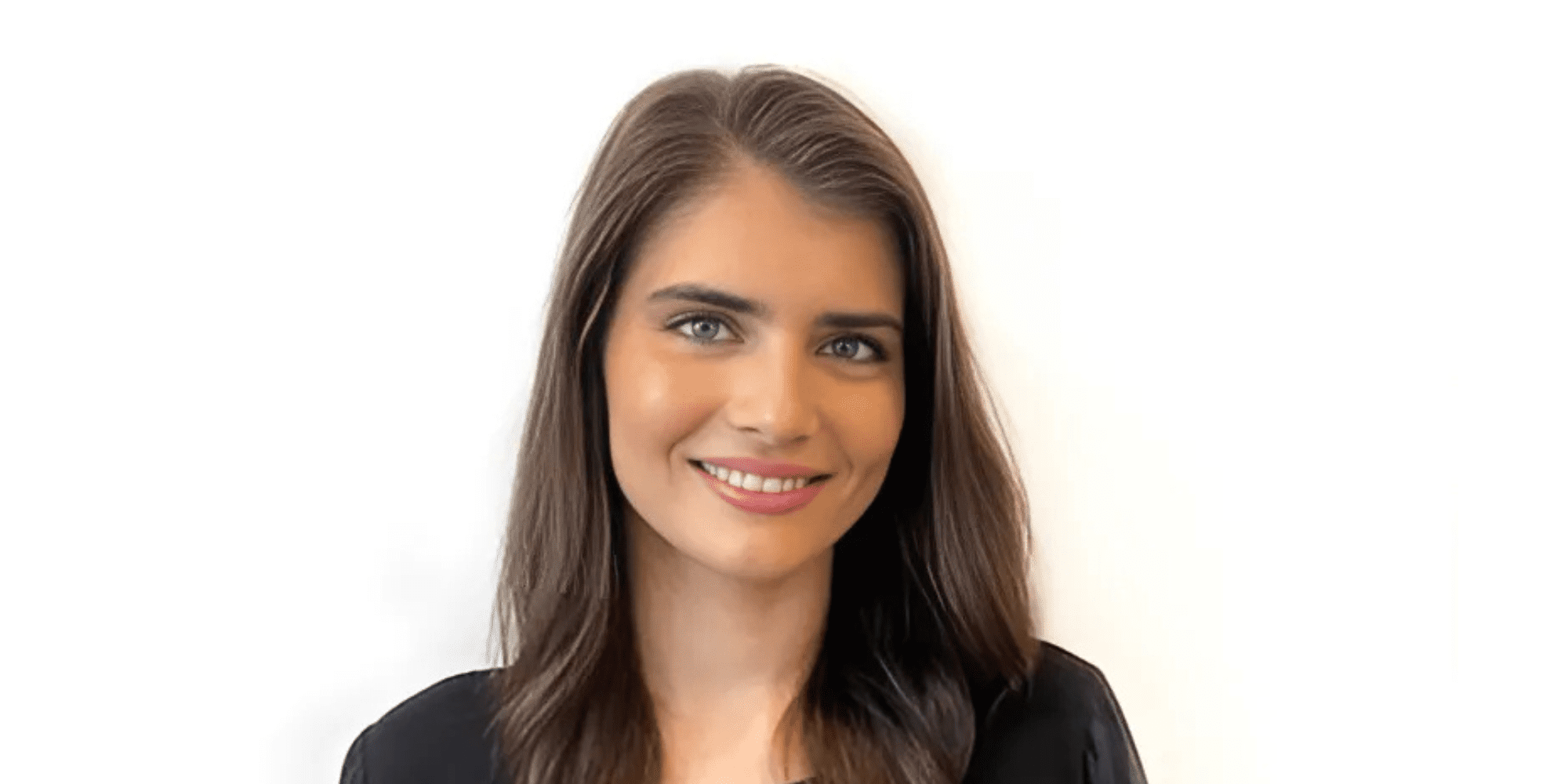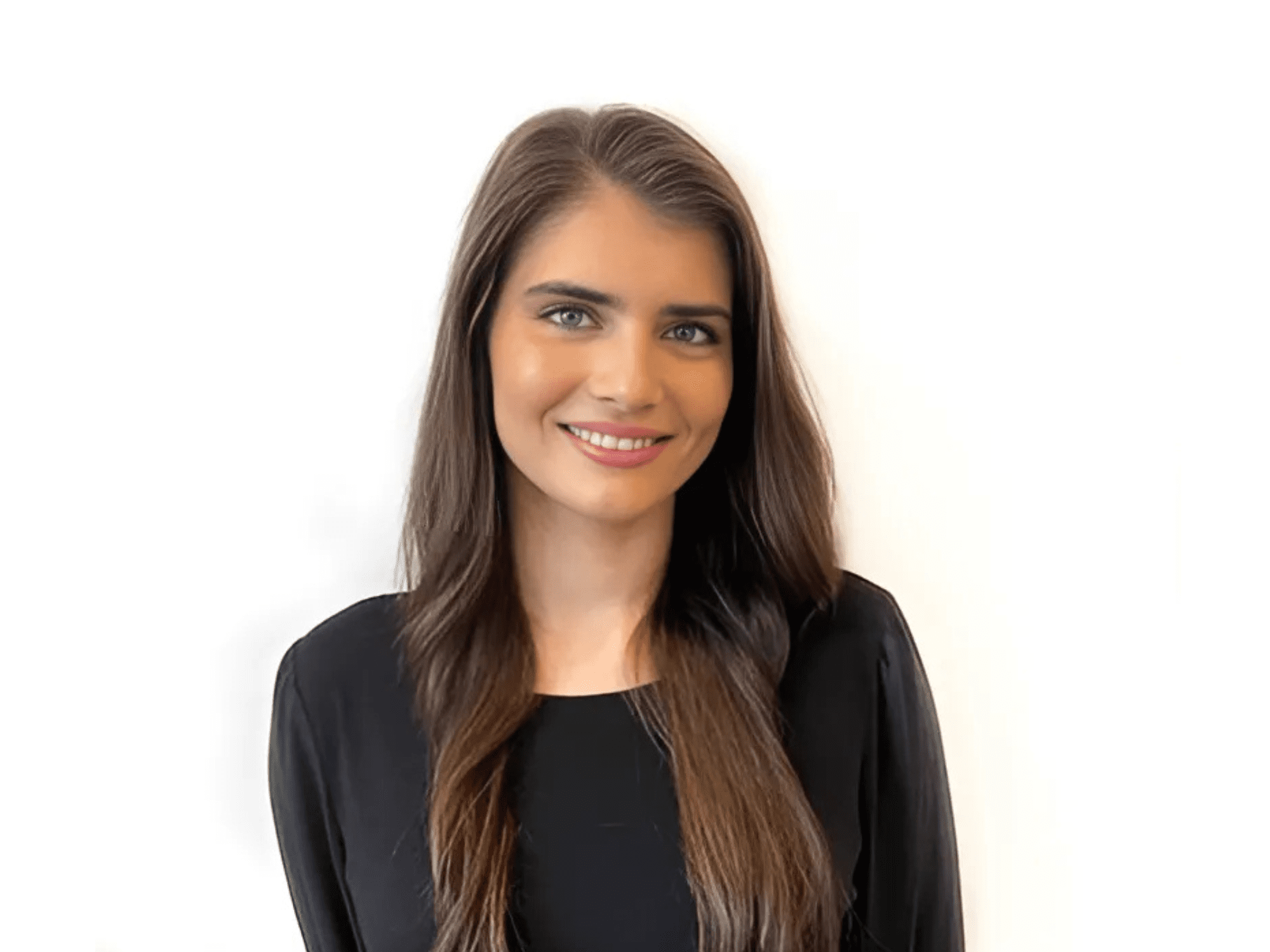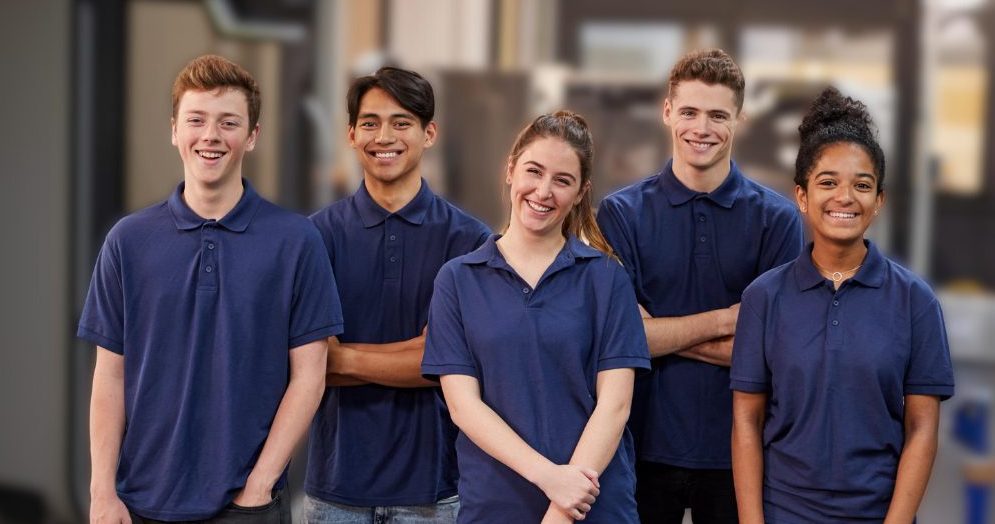Fantastic career advancement
Build the skills for a successful career
International opportunities

“If I didn’t have exposure to a potential career in engineering, I may never have chosen the course – showing the true importance of exposure to career opportunities.”
Valeria Korobka
Project Engineering Manager
Did anything inspire you to become an engineer, and how did you choose your specific field?
Months before University applications were due to open, my physics teacher advised that applications were open for an engineering programme being run at a local University. This was the first time I had exposure to engineering as a potential career opportunity. The weeklong course took me through several engineering problem solving activities, and by the end of the programme I knew I wanted to become an engineer. In school I enjoyed maths and physics and chemistry, and therefore I chose to pursue Chemical & Process Engineering. If I didn’t have this exposure to a potential career in engineering, I may never have chosen the course – showing the true importance of exposure to career opportunities.
What subjects did you take at 14, 16 and older to help you get into your career? Were there any subjects that were especially useful?
At age 16 I took Maths, Physics, Chemistry, Biology, English – Maths, Chemistry, and Physics were the subjects I enjoyed the most, Physics and Maths were the most useful subjects for my university course of ‘Chemical & Process Engineering’, which may be surprising as the name of the course is states ‘Chemical’ in the name.
What kind of projects do you get to work on?
I have worked on a range of projects, from designing and delivering vessels to clean oil, technology to clean water, and my most recent project has been working to decarbonise a paper mill.
Attend open/taster days
Studying maths and physics were the most useful
What do you think the future looks like for young people interested in engineering?
I think the future looks very versatile. Engineering provides access to a number of industries, and within those industries a career in engineering could lead you down a more traditional path of harnessing your technical knowledge, or a less technical path of project management, engineering management, technical sales, operations planning & many more.
What’s something you wish you had known about this job when you were still in school?
The term ‘Engineering’ is very broad, and therefore the descriptions of what an engineer can do is typically generalised and broad. My perception of an engineer was someone sitting working out calculations all day – this was my perception of problem solving. I wish I had known the diversity of work available in this role. I now work as a project engineer. In this line of technical understanding of the work important, however, the role itself focuses more on problem solving non-technical activities, coordinating between both the engineering teams and non-engineering teams, liaising with the client on any queries they have, and ensuring the team is working together to achieve the end project goal.
Do you get to travel as an engineer?
Yes, travel is a big part of the job – whether it is visiting clients, vendors, or project sites. I have had the opportunity to travel to America several times for training, and Indonesia for a short-term assignment. I have also travelled all around the UK. I have recently had the opportunity to relocate to America and have now been living in the USA since 2024. It is a career where you are encouraged to travel and even relocate as many engineering companies have a global footprint. At times the opportunity will come to you, and at other times you will have to seek out the opportunity yourself.
How is living in America?
Living in America is a great experience. I would encourage anyone to relocate to another country if given the opportunity. It is a great way to gain both professional and life experience.
What do you enjoy to do outside of work?
I enjoy running, reading, and cooking. I have found that the work life balance in my career is very good, although being organised with your time is important. I have found that the more you prioritize quality time outside of work, the better you utilize your time in work.
Find out more
Sign up for updates
Your information will be used to subscribe you to our e-newsletter.
For more information, please see our Privacy Notice.




